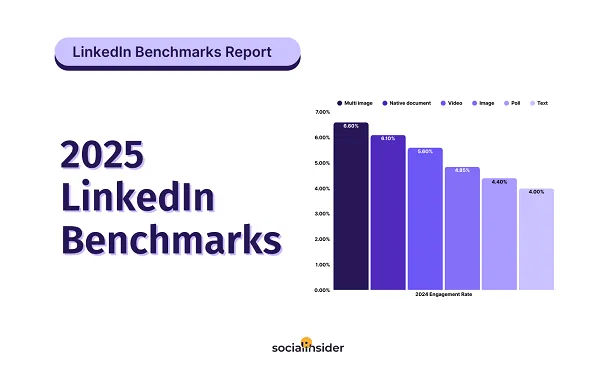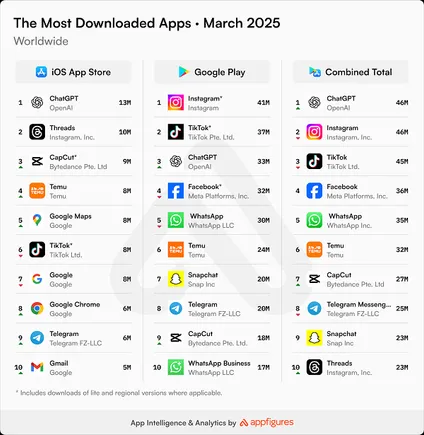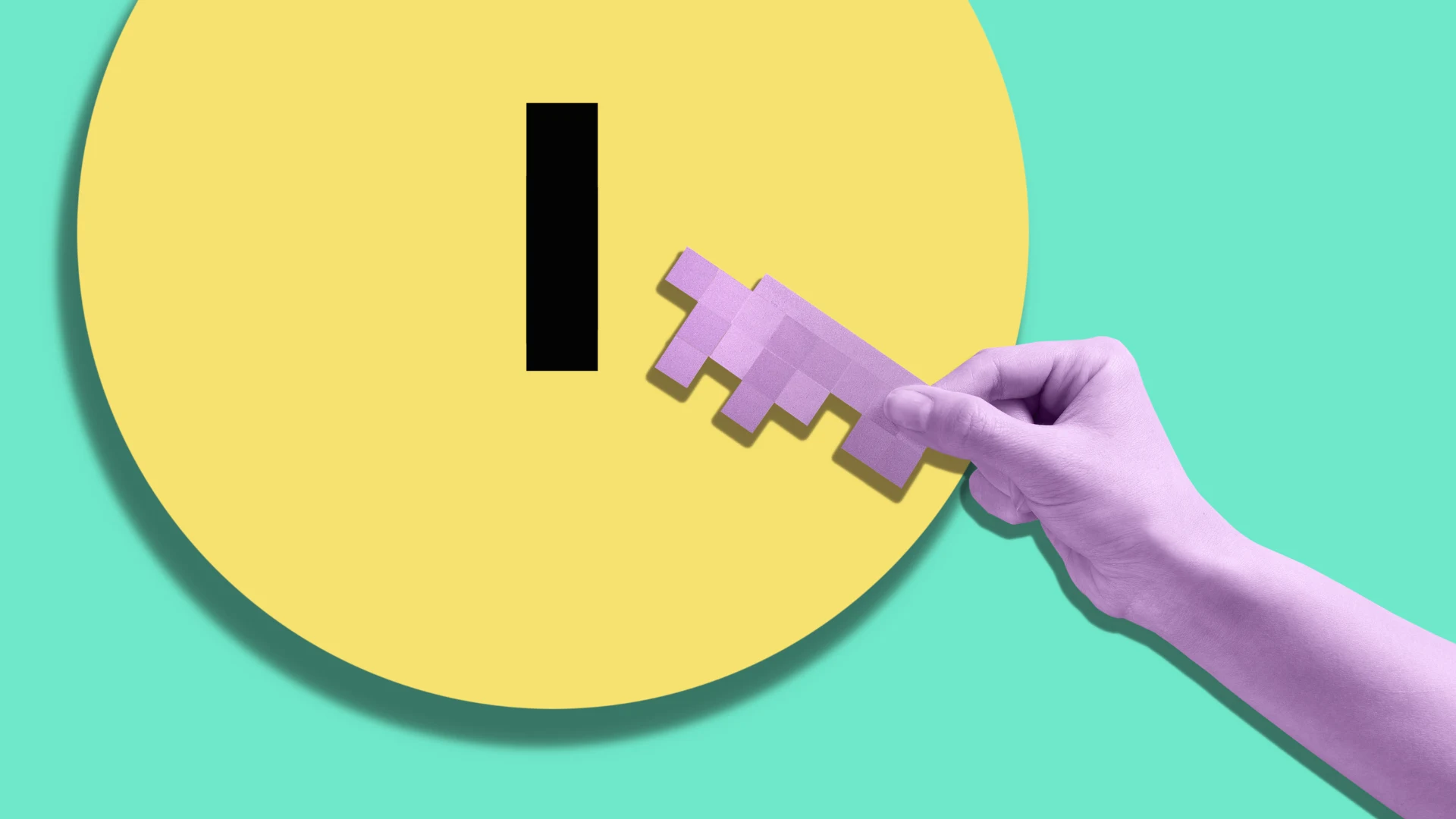If You Scroll Every Morning, Then This Will Happen to Your Brain!
Imagine your brain as a car sitting idle in a chilly garage overnight. The ideal scenario to start such a car involves gently warming it up...


Imagine your brain as a car sitting idle in a chilly garage overnight. The ideal scenario to start such a car involves gently warming it up, gradually increasing its pace before hitting high speeds. Yet, what most of us unknowingly do every morning is equivalent to slamming the accelerator from a cold start, forcing our brains into instant high gear. Sounds damaging? Well, that's exactly what's happening.
Understanding Your Brain’s Natural Morning Rhythm
Our brains don't simply switch off and on like an electronic gadget. Overnight, the brain meticulously cycles through different stages of brain waves, each serving a distinct purpose:
- Delta Waves: Deep sleep phase responsible for physical healing and regeneration of the body.
- Theta Waves: A lighter sleep phase crucial for consolidating memories and processing the day's experiences.
- Alpha Waves: The relaxed wakefulness experienced just before you fully wake, helping your mind gently transition from sleep to alertness.
As you awake, your brain is comfortably drifting in alpha waves—a peaceful and receptive state not yet primed for high-level cognitive tasks.
Immediate Morning Scrolling: A Sudden Shock to the System
Now, picture this: you wake up, immediately grab your phone, and dive into an endless stream of notifications, breaking news, work emails, and social media updates. This sudden influx of information thrusts your brain prematurely into high-frequency beta waves, typically associated with intense problem-solving or stress responses.
Imagine forcing your brain into emergency mode every single morning; it's like trying to drink from a fire hose—overwhelming and stressful. Research indicates that this abrupt shift significantly elevates cortisol levels (your body's primary stress hormone), triggering anxiety and negatively affecting your mood and cognitive functions throughout the day.
The Hidden Damage: Shrinking Your Gray Matter
Repeatedly bombarding your brain with stressors first thing in the morning doesn't merely affect your mood—it can physically alter your brain structure. According to neuroscientific research, chronic stress and smartphone addiction have been linked to shrinking gray matter, especially in critical regions such as the anterior cingulate cortex and the orbitofrontal cortex. These regions are vital for emotion regulation, decision-making, and memory.
A 2024 Stanford University study revealed that prolonged exposure to smartphone screens significantly thinned the cerebral cortex—the outer layer responsible for advanced cognitive functions like planning, critical thinking, and memory retention.
The Long-term Physical Consequences
The implications of habitual morning scrolling extend beyond your mental health. Long-term elevated cortisol levels increase the risks of chronic physical health issues:
- High blood pressure
- Heart diseases
- Diabetes
- Premature aging (hello, early wrinkles and gray hair!)
Moreover, continuous disruptions in your sleep-wake cycle due to early screen exposure can suppress melatonin production (a hormone crucial for quality sleep), impairing your immune system, reducing your resilience against illnesses, and further exacerbate stress.
Breaking the Cycle: Practical Steps to Save Your Brain
But here’s the silver lining—this habit is entirely reversible. Here’s how:
- Awareness and Control: Recognise the automatic nature of scrolling. Rearrange your home screen, making social apps harder to access, forcing a deliberate pause before you start scrolling mindlessly.
- Create a Buffer Zone: Keep your phone outside the bedroom. Give your brain at least 15-30 minutes after waking up to adjust naturally. Drink water, stretch, meditate, or simply stare out the window. Let your alpha waves do their job peacefully.
- Fear as a Motivator: Knowing that a simple habit can physically shrink crucial parts of your brain is a strong incentive. Every morning, remind yourself of the potential cognitive damage you're preventing by keeping your phone away.
Embrace Gentle, Mindful Mornings
Replacing immediate scrolling with mindful activities doesn't just save your brain; it improves your overall quality of life. You'll notice clearer thinking, improved mood stability, better memory retention, and significantly less anxiety throughout the day.
So tomorrow morning, remember this: your brain deserves better than a stressful wake-up call. Be gentle—your brain and future self will thank you.
Cheers to healthier mornings and a happier brain!
























































































































































































![How to Find Low-Competition Keywords with Semrush [Super Easy]](https://static.semrush.com/blog/uploads/media/73/62/7362f16fb9e460b6d58ccc09b4a048b6/how-to-find-low-competition-keywords-sm.png)



